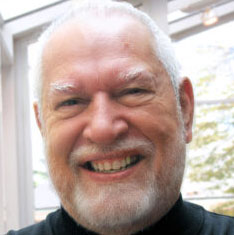On this episode of TWiV we discuss unusual properties of monoclonal antibodies: one that that binds the receptor attachment site and blocks infection with all three poliovirus serotypes, and others that inhibit Ebolavirus spread from cell to cell.
The TWiVsters explain how the shape of pleomorphic virus particles – spherical or filamentous – determines the probability of virus attachment and fusion, and resistance to selective pressure such as antibodies that block cell entry.
On a TWiV tetramer, we review the ongoing outbreaks of Ebolavirus disease in DRC and Guinea, evidence that SARS-CoV-2 infections in children are far more prevalent than are being detected, and recent long COVID estimates from the UK.
Gisa, Steffi, and César join TWiV to discuss their careers, their research, and the COVID-19 pandemic in Germany.
From Georgia State University, Vincent speaks with Chris, Andrew, Priya, and Richard about their careers and their work on Ebolaviruses, rotavirus, and antiviral drug development.
Daniel Griffin provides a clinical update on COVID-19, including analysis of the dexamethasone trial, and then we discuss two Ebolavirus outbreaks in DRC, clinical and virological aspects of asymptomatic SARS-CoV-2 infections, age-dependent effects on transmission, and answer listener email.
Vincent and Rich visit Fred Murphy to hear about his wide-ranging career in virology, spanning many institutions, involving dangerous viruses like rabies virus, Ebolavirus (he took that famous iconic image), Marburg virus, Lassa virus, coronaviruses, and later writing a history of the field.
From the Nipah Virus International Conference in Singapore, Vincent speaks with Richard Hatchett, CEO of CEPI, about its mission to stimulate and accelerate the development of vaccines against emerging infectious diseases.
Vincent and Rich travel to Galveston National Laboratory to speak with Jim LeDuc, Tom Ksiazek, and Bob Tesch about their long careers as virus hunters.
The Autonomous CollecTWiVe reveal two effective treatments for Ebolavirus infection, how a virus in a fungus confers heat tolerance to a plant, and dampened inflammation as a mechanism for bat tolerance to viral infection.









